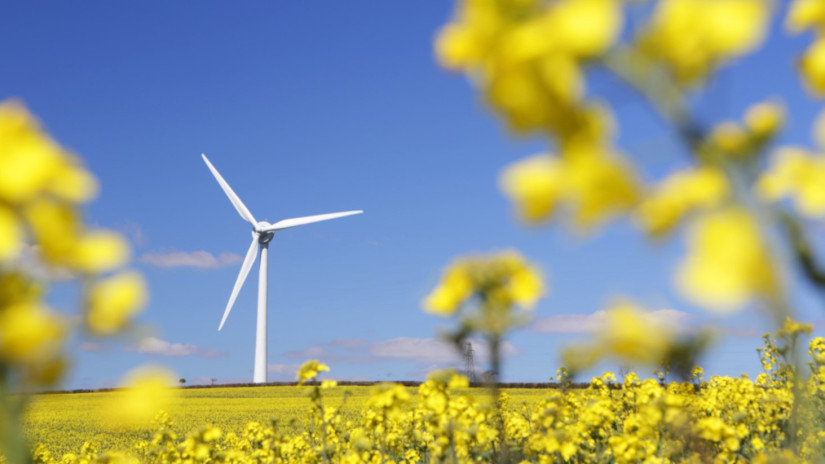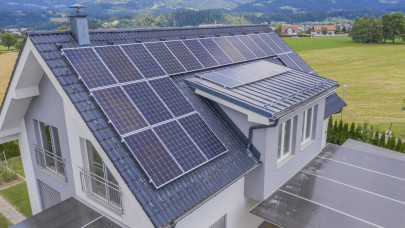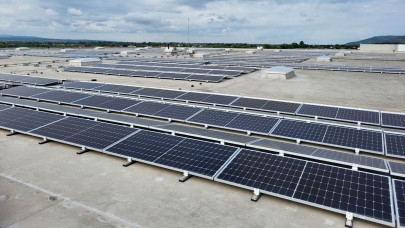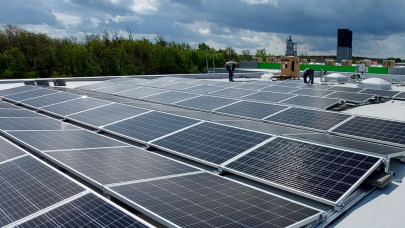“One million renewable energy plants − what a milestone for the energy transition! But the anniversary plant in Brandenburg is just the beginning. For the energy transition to succeed, we need to integrate millions more decentralized producers into the energy system by 2030”, says König.
The connected wind turbine is a symbol of the energy transition: Whereas in the past a few large power plants supplied households and companies, in the future millions of decentral PV and wind power plants will generate energy. At least 90 percent of these decentralized plants will be connected to the distribution grid.
In 2022, the number of requests to connect to E.ON's German grid will already more than double compared to the previous year. By 2030, this number could roughly quadruple to as many as 900,000 new installations to be connected per year.
In line with the German government's climate policy goals, this would require connecting an additional six million new renewable energy systems and distributed consumers by 2030, including at least 2.9 million PV systems, 1.9 million new charging points for electric vehicles, one million heat pumps and 2,000 new wind farms. In total, this would amount to 85 new installations every hour.
To achieve the political goals of the energy transition, the expansion of the distribution grids − for example, the construction of new lines, transformers, and substations − must be synchronized with the expansion of renewables. This is the only way to avoid curtailing sustainable energy production on sunny and windy days and incurring high, so-called “redispatch” costs. “Redispatch” is the term used to describe the intervention of the grid operator in the planned energy generation of power plants to prevent a grid bottleneck and to ensure the security of supply. Redispatching can be necessary, for example, when good weather conditions cause wind turbines to produce more energy than the grids can absorb at that time. These costs are a burden on society to the tune of billions of euros each year, according to E.ON.
In 2022, the installed nominal capacity of wind turbines in the entire state was more than 8,000 MW, the second highest value in Germany after Lower Saxony. This is roughly equivalent to the output of eight large conventional power plants. Brandenburg's wind power output is expected to increase by another third by 2032 and to double by 2040. The company operating the millionth connected turbine is part of the Teut Group, which has been planning and operating wind turbines in the region since 1996. The newly inaugurated wind turbine is located on a site owned by Berliner Stadtgüter GmbH, which owns and leases approximately 16,700 hectares in Brandenburg and thus contributes significantly to the development of the Berlin region.













